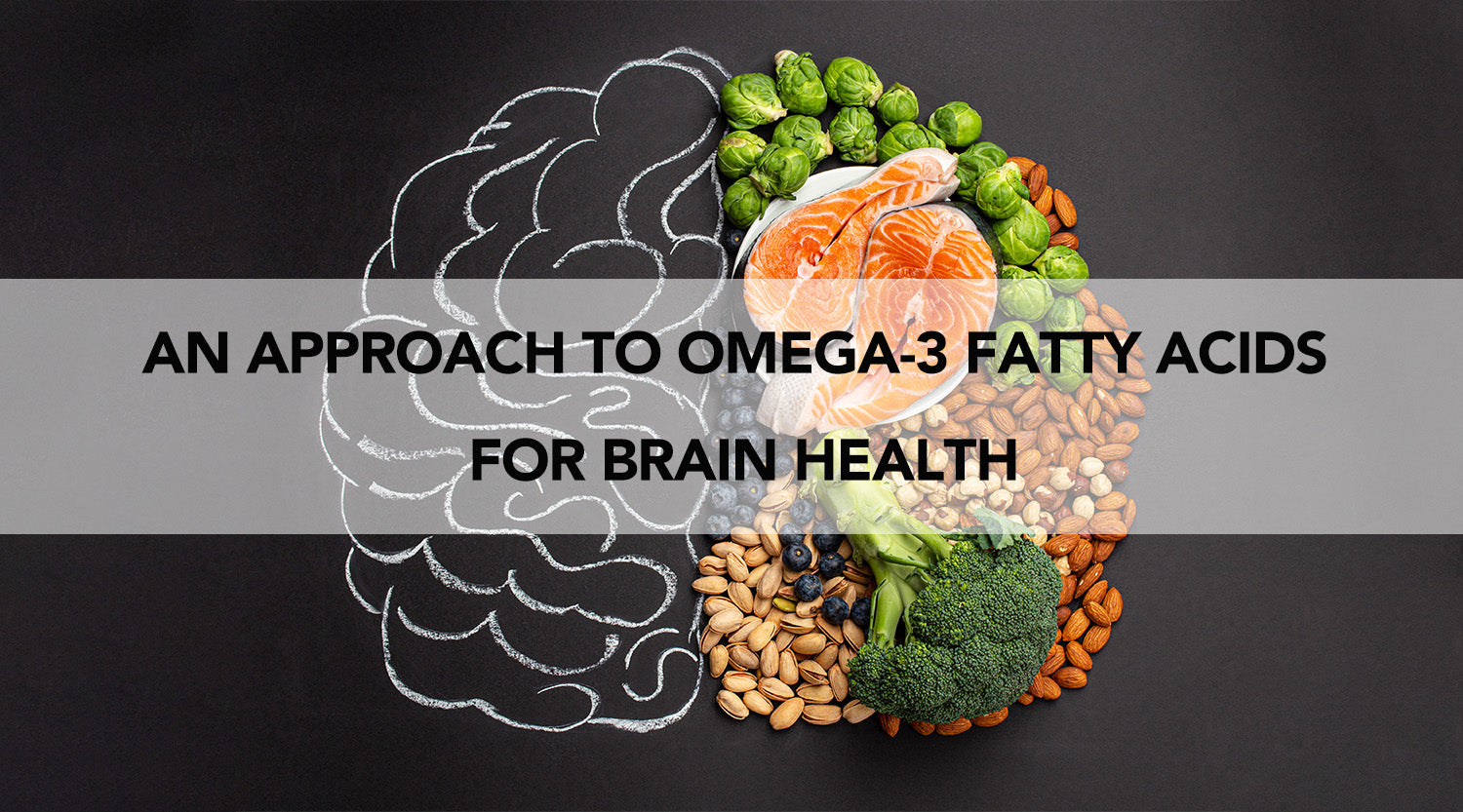
Unlocking Cognitive Benefits: The Expert Guide to Omega-3 Fatty Acids for Brain Health
The Role of Omega-3 Fatty Acids in Mental Wellbeing
Understanding the Importance of Fatty Acids for Brain Function
Our brains rely heavily on omega-3 fatty acids. They form cell membranes in brain cells. Their presence affects how brain cells talk to each other. Without enough omega-3s, your brain may not work as it should. This can affect mood, memory, and even muscle control. Eating foods rich in these fats can help. Fish like salmon and nuts like walnuts are good sources. They can keep your mind sharp and support overall mental health. Aim to eat omega-3 rich foods often for best results.
The Science Behind Omega-3 and Mental Health
Omega-3 fatty acids are more than just a health trend. They are crucial for brain health. Studies show Omega-3s may help ward off depression and anxiety. The brain is rich in omega-3 fatty acids, especially DHA. DHA supports memory, learning, and brain cell communication. EPA, another omega-3, plays a role in mood regulation. Research reveals omega-3s may lessen the impact of mental disorders. They may protect against age-related mental decline. Scientists believe omega-3s reduce brain inflammation. This can improve brain function and health. A diet rich in omega-3s supports overall mental wellbeing. It's clear that these fatty acids are key for a healthy mind.
Tracking Brain Health with Inside Trackers
A Deep Dive into Omega-3 Levels and Cognitive Performance
Inside Trackers' technology examines the levels of omega-3 in our bodies. They study these fats due to their links to brain function. Regular tracking can show how our omega-3 levels affect our thinking skills. For instance, high omega-3 levels often tie to better memory and focus. The data from Inside Trackers helps us understand how to boost these key fatty acids. This insight is vital for maintaining our mental performance as we age.
How Inside Trackers Provide a Comprehensive Look at Brain Health
Inside Trackers uses cutting-edge science to track brain health. Their tools measure Omega-3 levels in the body. This helps understand how diet impacts brain function. The platform gives clear data on Omega-3's role in mental well-being. Users can see how their intake affects cognitive performance. It's a full view of how Omega-3 influences brain health. With Inside Trackers, individuals can make informed decisions. They can tweak diets and habits for better brain health. This approach is key for maintaining mental fitness.
Strategies for Improving Mental Health through Omega-3 Intake
Expert Tips on Incorporating Omega-3 into Your Diet
If you're looking to boost brain health, consider these tips to add more omega-3 to your diet:
- Eat fatty fish: Aim for at least two servings a week of salmon, mackerel, or sardines.
- Chia seeds and flaxseeds: Sprinkle these on salads, yogurts, or smoothies to get a good dose.
- Walnuts: Snack on a handful of walnuts or add them to your breakfast oatmeal.
- Fortified foods: Look for omega-3 enriched eggs, milk, and yogurt.
- Leafy greens: Include spinach and kale in your meals for a plant-based omega-3 fix.
The Impact of Omega-3 Supplements on Brain Health: What to Know
Omega-3 supplements can be a game-changer for brain health. They're packed with EPA and DHA, key omega-3 fatty acids. These fats can lower inflammation and are vital for brain function. Yet, the brain health benefits depend on supplement quality. Make sure to choose supplements from reputable sources. Also, high-quality ones usually contain the right balance of EPA to DHA. Always check with your doctor before starting any new supplement. They can help ensure it's safe for you and fits your health needs.
Share
